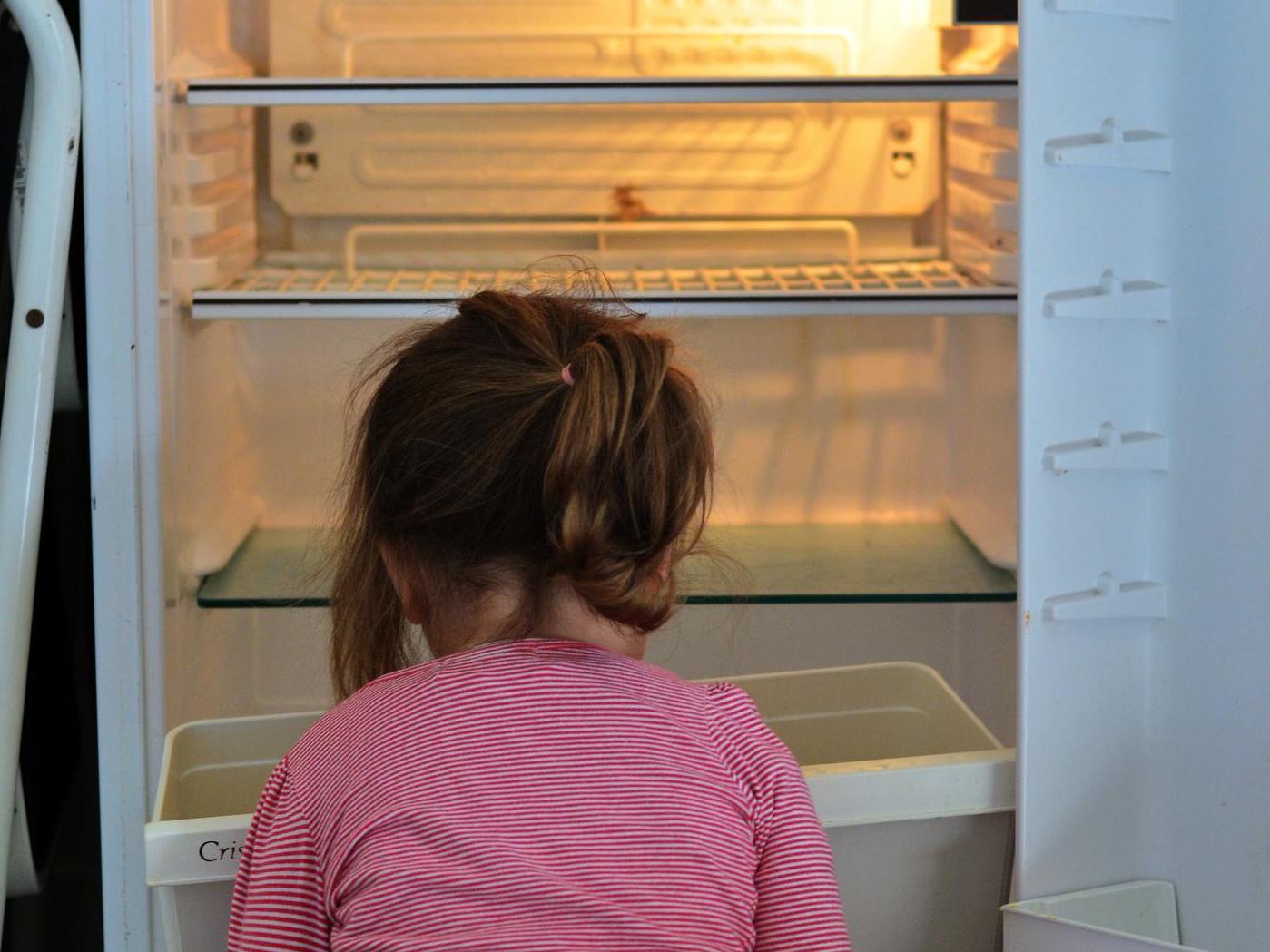Millions of children not getting enough food during lockdown
Children in need of extra support are slipping ‘through the cracks’, says Anna Taylor

Your support helps us to tell the story
From reproductive rights to climate change to Big Tech, The Independent is on the ground when the story is developing. Whether it's investigating the financials of Elon Musk's pro-Trump PAC or producing our latest documentary, 'The A Word', which shines a light on the American women fighting for reproductive rights, we know how important it is to parse out the facts from the messaging.
At such a critical moment in US history, we need reporters on the ground. Your donation allows us to keep sending journalists to speak to both sides of the story.
The Independent is trusted by Americans across the entire political spectrum. And unlike many other quality news outlets, we choose not to lock Americans out of our reporting and analysis with paywalls. We believe quality journalism should be available to everyone, paid for by those who can afford it.
Your support makes all the difference.Millions of children are experiencing increased food insecurity during lockdown, according to a new poll.
A YouGov poll for the Food Foundation found that 2.4 million (17 per cent) of children are living in households that don't have enough food.
Two million children (14 per cent) have been receiving smaller portions and less nutritious meals during lockdown because their parents have run out of food, according to the poll.
Anna Taylor, executive director of the Food Foundation, said the findings show many children in need of additional support are “falling through the cracks”.
She added: “Protecting our children should be a priority, but we’re leaving them behind in conversations about emergency support and they’re falling through the cracks as a result.
“Having enough nutritious food to eat is a basic right, and without it children’s mental and physical health suffers irreparably. The government must act now to put money in the pockets of families who are struggling so that they can buy the food they need to be healthy at home.”
The poll also revealed that half a million (31 per cent) of the children eligible for free school meals have received no substitute at all since schools closed.
A further 130,000 children are stuck with an online code which they cannot download to redeem vouchers for buying food.
Higher levels of food insecurity were also reported by NHS workers in households with children.
Just under a fifth (17 per cent) had skipped a meal, 11 per cent had been hungry and not eaten because of a lack of food, 9 per cent had not eaten for a whole day and 5 per cent said their child hadn’t eaten enough.
It comes as the Trussell Trust reports an 81 per cent increase in people needing support from food banks at the end of March compared with the same time last year.
Demand from children for food bank services has increased by 121 per cent, according to the trust.
Dr Rachel Loopstra, Lecturer in Nutrition, King’s College London, said: “It’s clear from these data, as well as from trends in food bank use, that families with children are really struggling right now.
“Children were at higher risk of poverty and in turn, food insecurity, before the COVID-19 crisis, but it is now even harder for families with children in Britain to meet their basic needs.
“Watching parents struggle to put food on the table and go without food themselves is devastating for children.
“This evidence, showing that at times children are going without food when we know parents do as much as they can to protect their children, is a sign of just how severe circumstances are for some families.”
Dame Emma Thompson, the Children’s Right2Food Campaign Ambassador, called on the government to do more to protect and prioritise children during lockdown.
She added: “Families who were fighting to put food on the table before COVID-19 now find themselves in an impossible position: just a month of lockdown has seen five million parents and children experience food insecurity.
“What is undeniable is that our government has yet to extend real lifelines to those who cannot afford food.
“We need emergency income support to put money in the pockets of families who are suffering, and the department for work and pensions must ensure child benefit payments are increased and sufficient for alleviating the hardship so many children are enduring.”
Join our commenting forum
Join thought-provoking conversations, follow other Independent readers and see their replies
Comments